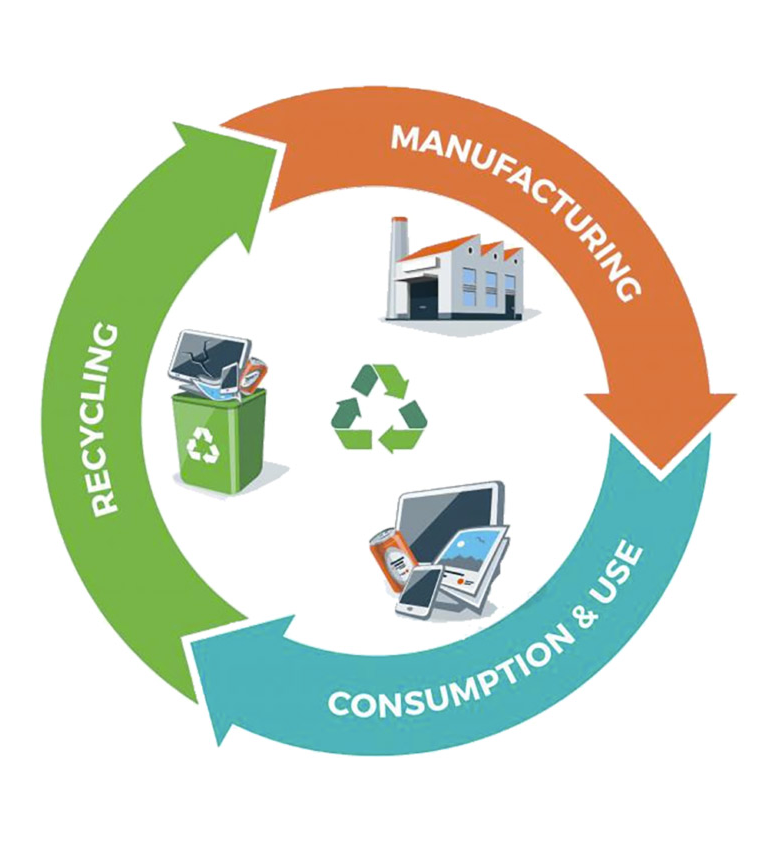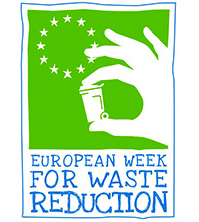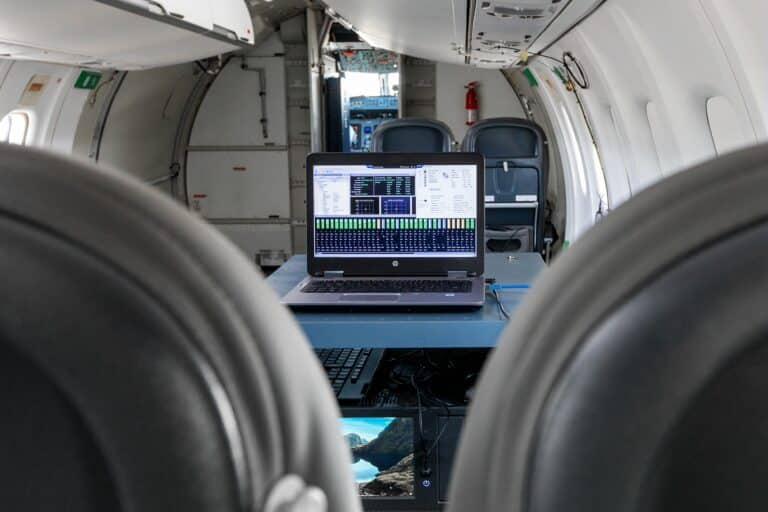Useless waste: your time is up!
The 11th edition of the European Week for Waste Reduction (EWWR) was held from 16 to 24 November. A time to reflect on how to reduce our waste and consume better! We can all take action. But how?
The main theme for EWWR 2019, “Waste education and communication”, puts emphasis on prevention, based on the simple, common-sense notion that the best waste is that which we never produce.
The goal of this week is therefore to make everyone aware of the need to reduce their waste, and offer some practical advice to get people inspired to act in their day-to-day life. Bearing in mind that effective prevention is shaped through the 3Rs: Reduce waste production, Reuse products and Recycle materials.
The best waste is that which we never produce.
At home: 8 easy ways to reduce waste right now
Sorting your waste in accordance with your neighbourhood’s waste collection rules is a good start, but it’s not enough. We absolutely have to start reducing our waste at the source so that our bins are not so full.
Limit packaging: buy family-size formats whenever you can. Avoid pre-packaged products, try to buy fresh produce over the counter or at the market, or buy in bulk (cereals, legumes, pasta, etc.), and drink tap rather than bottled water. Rethink your cleaning products and switch to eco-refills – you’ll consume 50 to 70% less packaging.
Don’t waste your food: the FAO estimates that approximately one-third of all food produced for human consumption every year is wasted. Check your pantry and make a shopping list before you leave the house, keep an eye on expiry dates, learn to cook the right quantities and make meals out of leftovers… These are all good habits to get into right away.
Repair items instead of throwing them out: toys, bikes, electrical appliances and so on. Think twice before throwing out a broken item: see whether you can pay someone to mend it, or learn how to fix things yourself. Repair Cafés are springing up all over the place. Volunteer repairmen are on hand to provide the right tools, advice and skills. Find your nearest one here
Avoid single-use items at all cost! Using single-use items (razors, wipes, plates and cutlery, pens, batteries, paper towels, etc.) generates 3 to 6 times more waste than traditional products. So we really need to avoid single-use items as much as we can.
Donate, swap or resell: our wardrobes are overflowing with unused clothes and items that are still in good condition. It would be crazy to simply throw them out! Donating, swapping or reselling is a great way of protecting the planet, and you’ll make someone’s day!
Compost your food waste: peelings, leftovers, green waste, etc. Your organic waste can be composted directly on the ground, or in special compost bins, and reused in the same place to produce nutritious soil and plants. The very essence of the circular economy!
Use less paper: in developed countries, each inhabitant consumes 200 to 300 kg of paper on average each year. Yet every sheet of paper has an impact on the environment, from deforestation to recycling, not to mention the 5 l of water required to produce it. Only print if really necessary, and display No Junk Mail on your letterbox.

Businesses: working towards zero waste!
Waste sorting at the company restaurant, eliminating single-use cups from coffee machines, campaigns encouraging people to print less, awareness-raising about selective waste sorting… All of these are becoming commonplace in the office. But that’s only the tip of the iceberg. A truly well-thought out CSR policy means taking a close look at every aspect of company life to manage waste effectively. The goal: produce better, using fewer raw materials and packaging, reducing losses and increasing recycling, at every stage:
- Upstream, at supply chain level: optimise use of raw materials, get together with suppliers to discuss ways of reducing packaging.
- In production: eco-designed products, improve the manufacturing process to reduce losses, reuse packaging and manufacturing offcuts, etc.
- Downstream, in terms of logistics: limit the use of secondary packaging or non-essential packaging, improve handling operations to reduce the number of unsold items.
- In offices: print on both sides of the paper, encourage your staff to think carefully about the amount of paper they need to use (rough drafts, note-taking, etc.).
What about ATR?
By pursuing the CSR policy already in place for several years, ATR has now changed its practices to reduce water consumption and optimise waste management.
To cite one example: the baggage compartments for its aircraftused to be packaged in wooden crates with metal edge protectors that could only be used once and were difficult to recycle. So ATR developed folding crates that can be reused up to 10 times. In parallel, the company has reorganised the way it gets oil into its aircraft engines. ATR developed a hydraulic bench that works like a service station petrol pump, doing away with small containers (quarter-gallon cans, the equivalent of 1-litre containers) in favour of 200-litre barrels which are then reused to collect waste oil. Finally, the company is committed to recycling its waste as effectively as possible. Since 2016, ATR has processed its compostable waste as biowaste. In 2018, the company stepped up its game and started recycling all non-hazardous waste into raw materials. All these efforts have clearly paid off, since ATR’s 2 production sites in France now turn 60 to 75% of their waste into raw materials.
Find out more
https://www.ewwr.eu/en/support/thematic-focus-2019
#EWWR2019 #ReduceYourWaste














